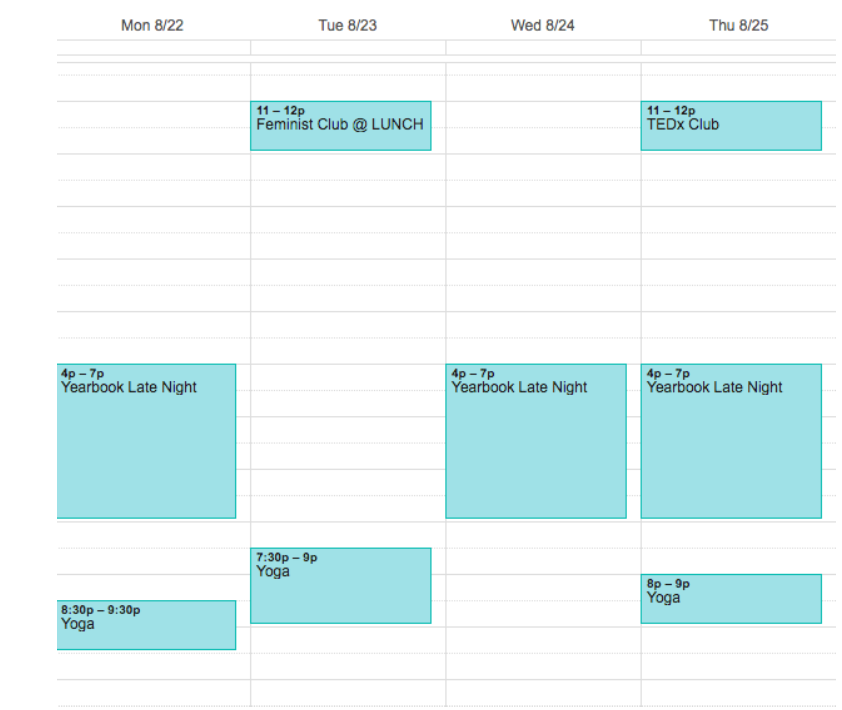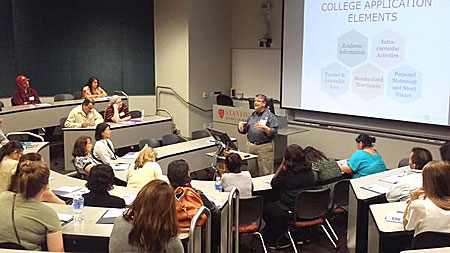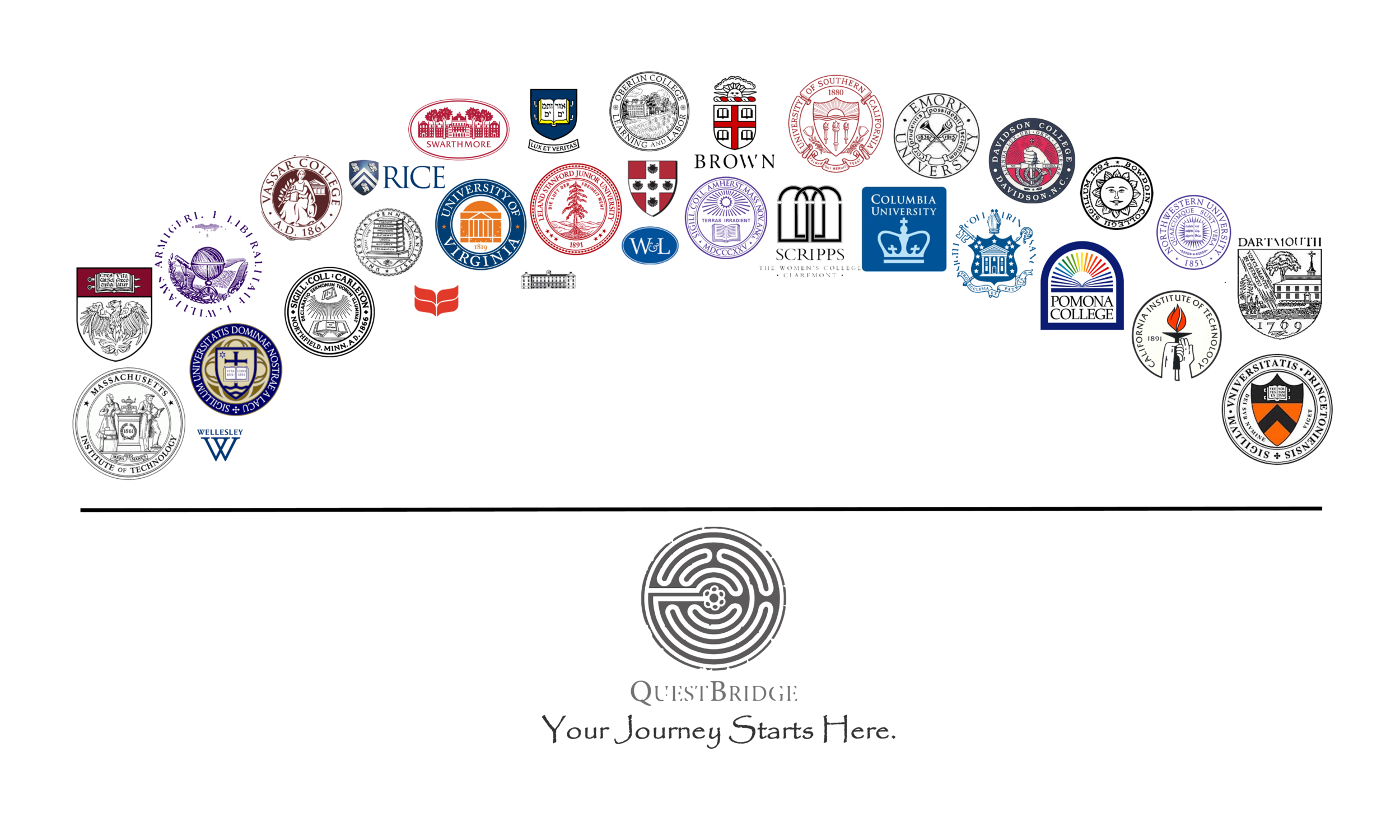Student council is a great vessel in which you can use to become involved in your school. Being a student council officer is not only great for your college resumes, but also provides you with a great platform which you can use to achieve great things within your school. If you are someone who enjoys taking initiative, is an excellent team player, and a strong advocate for change, then student council might be just the activity for you.
Evaluate Your Options
Before you consider joining student council, it is best to evaluate your options. “Evaluating your options”, means to make sure that you have enough time so that you will be able to exhibit the dedication necessary to do the job. Being a student council officer takes a lot of work. This is completely different from being the captain of the cheerleading team or president of the science club, because unlike being in those positions where you will only preside over a select group, with student council you preside over your entire school, which involves nearly twice as much time and dedication.
With Student council there are school dances, organizing various clothes and food drives, and you will be expected to do this all while planning the destination and date of the next school trip. Student council is a lot of work, and it requires a great commitment. If you are currently the president of another club or committee, then I would highly recommend that you suspend any interest to run for student council until a time when you will be able to handle the job. Whatever committee you preside over, whether big or small, deserves all your time and effort. You don't want to “spread yourself too thin’, meaning engaging in more than three times your capacity (consuming extracurricular activities, while balancing your three, four, or five AP classes will do just that).

Formulate a Campaign Strategy
Yes, the magic formula. The Campaign Strategy. Formulating an excellent campaign strategy is a very essential step on the path to winning an election. The purpose of a campaign strategy is to be able to communicate your values, ideas, and the individual approach you will take when handling student council affairs.
When forming a campaign strategy, think on these things:
A. What am I good at?
In order to run a successful campaign, you must center it around your strengths. If you have any special talents, abilities, or hobbies, use them. Those strengths make you unique. Those strangers will make you shine against the toughest competitors. Make sure to utilize those strengths, because they will be your best asset while running your campaign.
Ex: If you are an artist, you can design beautifully artistic flyers, and elaborate on how you want more artistic expression throughout your school. If you are a comedian, make sure to crack a joke or two when introducing yourself to others.
Use your talents, they will help you create a campaign that is not only interesting, but also personable to you and your talents.
B. What makes me unique?
The secret to winning anything is to play to your uniqueness. This part is easy because it is innate. We are all born unique. Utilize your unique qualities. Whether you are a computer nerd, or an all-star dancer, varsity soccer star, or skilled violinist, you each have something unique that can help you stand out against competitors. This strategy is extremely helpful when student council elections at your school seem to be one “big popularity contest” and you just don't seem to fit the bill. If you aren't popular then use your “unpopularity” to your advantage. Make students know that you are similar to them, tired of student council being a popularity contest, and that you aim to change that by running for a position. If you have been bullied, or harassed within your school, and want to make it a safer place for everyone, reach out to other students who feel the same.
The concept of utilizing your uniqueness, and what makes you different from everyone lies is in how you see yourself and how you see your school. There may be improvements that need to be made around the school that only you will see, and there will be challenges that exist for some students that others may not be aware of. Use your perspective, have faith in it and let it propel you forward!
C. What do I want to accomplish?
This is the most important facet of your campaign. In order for people to be led to vote for you, they need a glimpse of what their school would be like with you as an officer. You need to communicate your vision. Your vision is your plan for your school, how you plan to make it better, the improvements you see to be made, and how you plan to go about achieving these improvements. People need to know what it is you plan to do. If you fail to plan, you plan to fail (Benjamin Franklin)! So plan whatever it is you want to accomplish as an officer, and make sure to communicate it to your fellow students.

Getting Your Name Known
Now that you have a clear view your strengths and the perspective you take on your school, it is time to get some publicity. Post some flyers, take to social media, tell friends to spread the word, whatever you do, make sure to get your name out there. Unfortunately, a big part of a school election relies on the amount of publicity you receive. You can have some amazing ideas, and a catchy campaign slogan, but without the proper publicity your campaign won't be able to gain much leverage against other competitors. So make sure to get your name out there, because the success of your campaign depends on it.
TIP:
Now I know there are some rather shy people who too want to run for student council, but feel they will struggle with the “getting your name out there” part. If this is you, fear not because I too can be shy. Because I am shy, when running for student council I made sure to write my flyers in a way that made sure the readers would know everything (almost everything) there is to know about my unique qualities mission, and campaign. I also enlisted others to help me, so getting some friends involved won't hurt either.
Write a Winning Speech
So now that you've gotten the campaign, now it's speech time. What type of statements do you want to include in your speech?
A. Your belief system
B. Your positive attributes
C. Your proposal for change
D. Solutions for problems that exist within your school
E. Ideas for events/fundraisers
F. Anything else you would like to add
With your speech feel free to get emotional. Make sure to express your passion and show the love that you have for your school. Communicate your dedication and make sure to let your fellow students know how much you are willing to work to improve your school. Your speech should have feeling and be able to move the hearts of your fellow students. It should also be good enough to make your competition shiver in their boots.

Seize the Moment
It's your time! Make sure to say your speech with all your passion and power. Do not be afraid of the competition, just focus on yourself and make sure to encourage yourself. Know that the position is yours. You’ve made it this far. You’ve made it through your entire campaign, ups, downs, and everything else that comes with the territory. Now it's time to seal the deal with a winning speech. Go out there and seize the day.
WANT TO LEARN MORE ABOUT COLLEGE ADMISSIONS? CHECK OUT THE YGITW BOOK HERE!
LOOKING FOR A HIGH SCHOOL OR COLLEGE INTERNSHIP? APPLY HERE!
PHOTO CREDITS:
http://www.allsaintsba.com/StudentCouncil.html
http://www.raisingtowin.com/one-big-way-win-election/
http://mymarketingtechnologies.com/about.html/crush-competition
https://www.pinterest.com/explore/student-council-posters
https://www.pinterest.com/explore/student-council-posters/
https://www.pinterest.com/explore/student-council-posters/
https://www.pinterest.com/explore/student-council-posters/
https://www.pinterest.com/explore/student-council-posters/
https://www.pinterest.com/explore/student-council-posters/




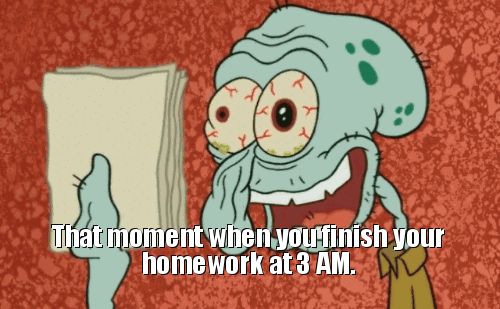

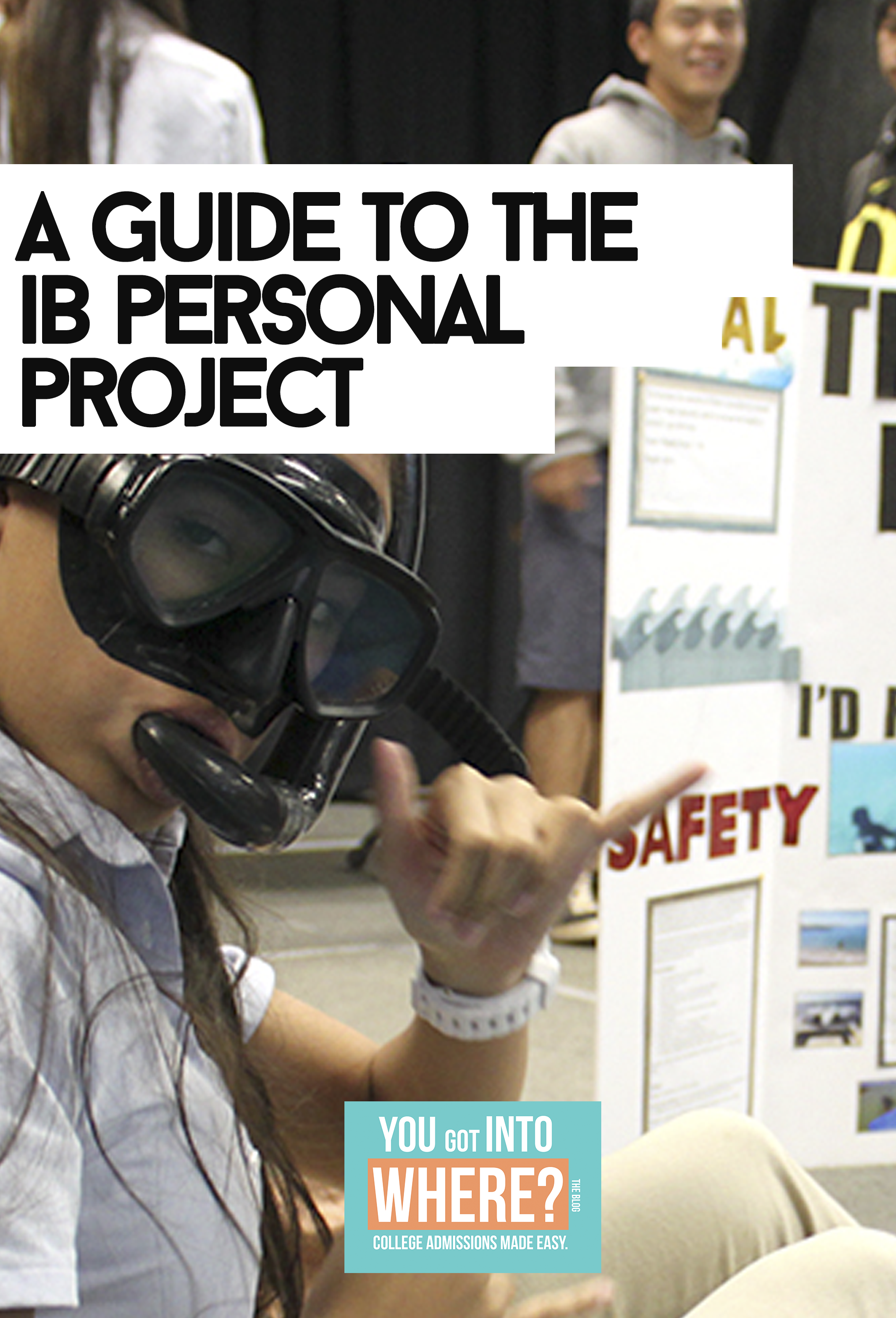
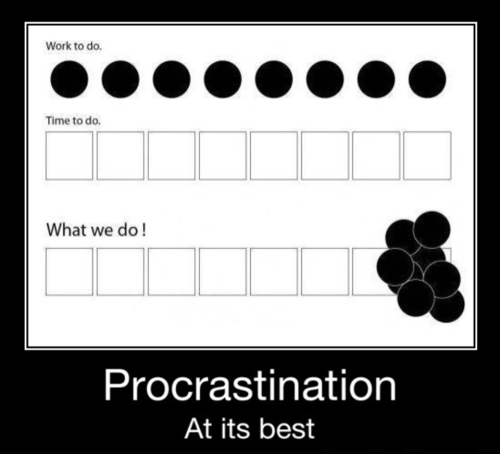




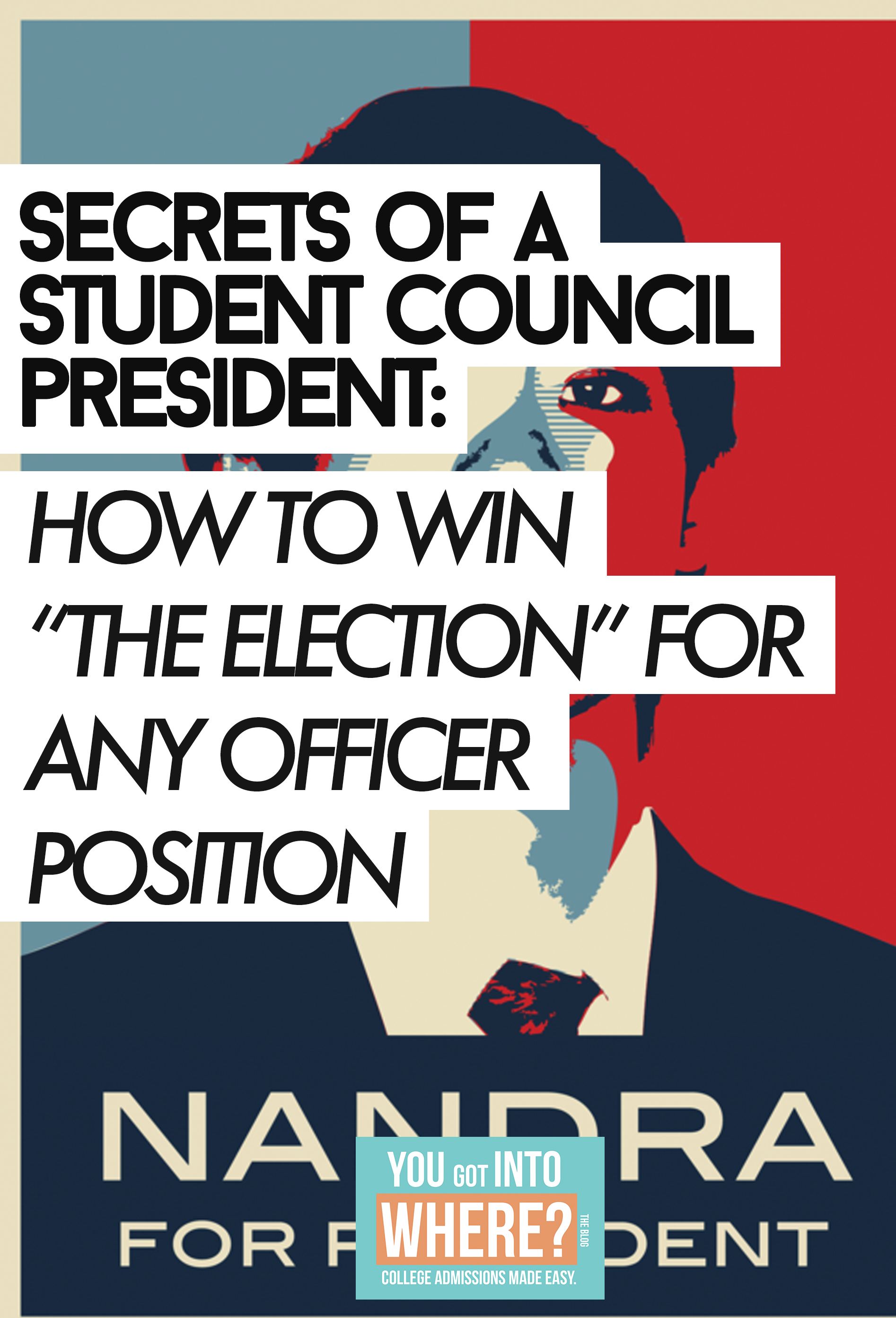









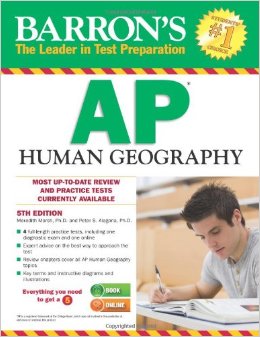


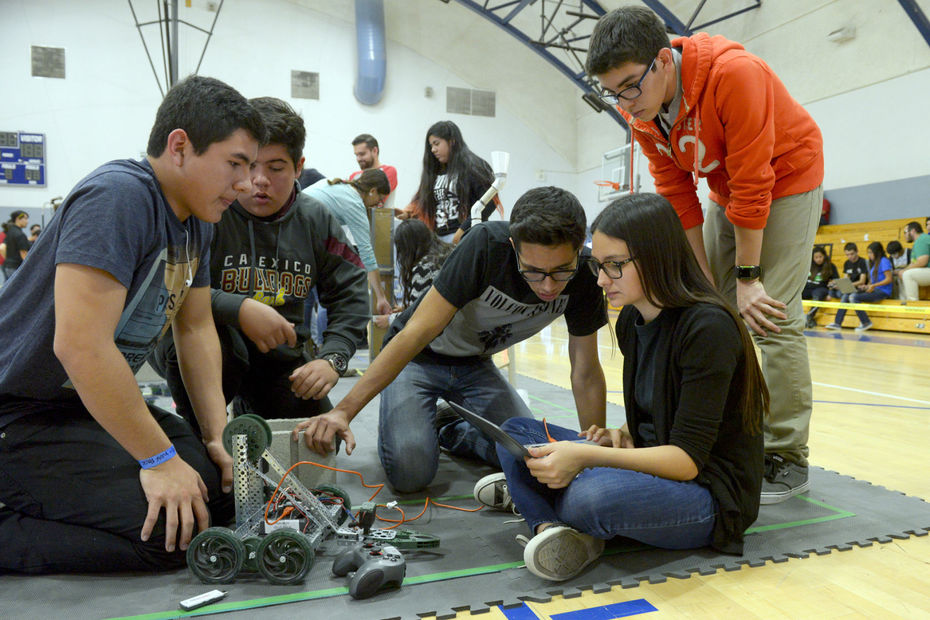












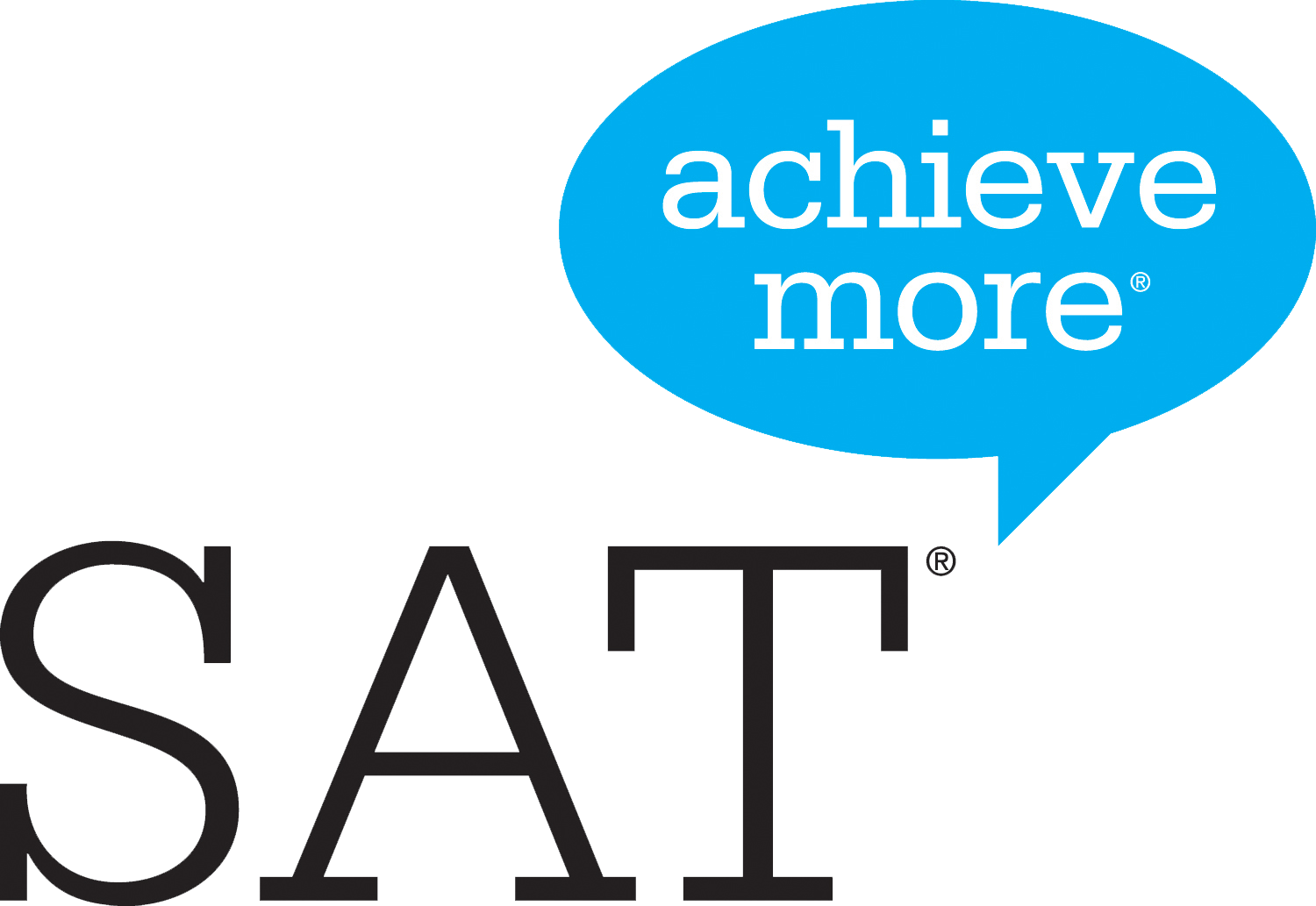 All in all, I don’t regret taking the SAT course over the summer, and will be continuing in the school year for another five weeks. I feel a lot more confident taking tests, and it gets easier to sit down and focus for such a long period of time. I’ve also met a group of great people who I can compete with in a friendly way to help myself improve. SAT courses aren’t for everybody, but I recommend it for people who need something to help them along the path to a higher score.
All in all, I don’t regret taking the SAT course over the summer, and will be continuing in the school year for another five weeks. I feel a lot more confident taking tests, and it gets easier to sit down and focus for such a long period of time. I’ve also met a group of great people who I can compete with in a friendly way to help myself improve. SAT courses aren’t for everybody, but I recommend it for people who need something to help them along the path to a higher score.

 Stick with what you love.
Stick with what you love.